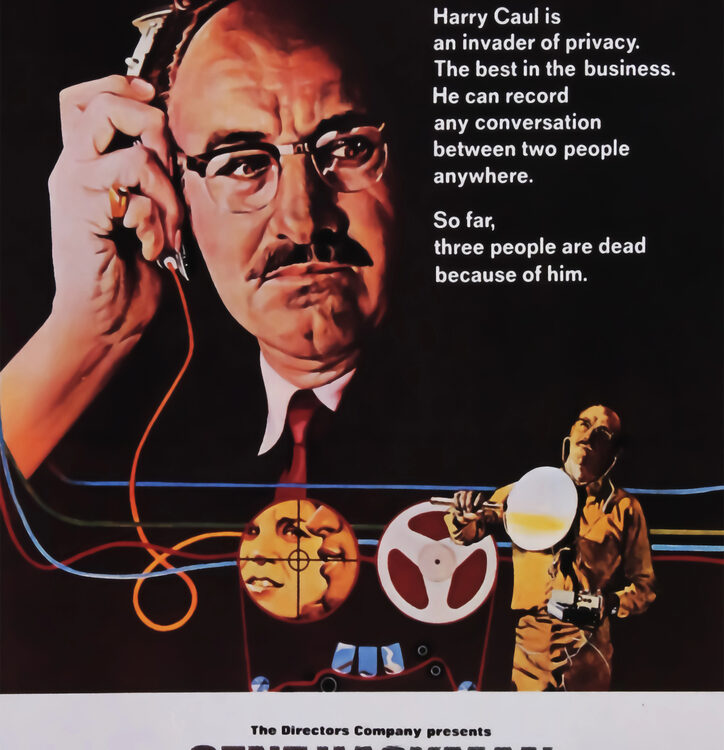New California Legislature Aimed At Reducing Elder Abuse in Estate Planning
October 14, 2019Here is Why You Shouldn’t Procrastinate Writing Your Will
November 15, 2019If you are a small business owner, your estate plan needs to contemplate not only who will handle your personal affairs when you die, but also what will happen to your business. Whether you run a sole proprietorship by yourself or own a multi-location business, your death or disability will impact your company. Careful planning can make the process smoother and limit headaches for your loved ones, employees, business partners, and others.

Business owners’ estate plans should contemplate the following:
Plan for dissolution or continuation
If you are the only business owner and don’t have any employees, your plan may just need to identify who is responsible for, and empowered to, wind down business operations when you die and to whom business assets should pass. On the other hand, if your business is a going concern, your estate plan should identify to whom ownership should pass. In many situations, passing business ownership to a spouse or children is not ideal, as those beneficiaries may have no knowledge of, or interest in, business management. One solution is to enter into buy-sell agreements with business partners, key employees, or others who have the skills and background needed to be able to continue running the business after your death. These types of agreements are often funded with life insurance, which is set up to pay out proceeds to the person or people who agree to buy out your share of the business at your death. With this approach, you can be confident your business legacy will carry on and that your loved ones will receive the financial proceeds without the stress.
Tax implications
Your estate plan should also address any potential tax implications for your estate at your death. Business owners may have estate tax obligations without a lot of liquid assets that can be used to pay those taxes. Careful planning with an estate planning attorney and a tax professional can help ensure your estate can leverage available tax credits and tax payment options. You may consider purchasing life insurance or establishing Trusts designed to provide funds that can be used to satisfy tax obligations when you die.
No matter how big your business is or what products and services you offer, you can benefit from estate planning that covers both your personal and business needs. To learn more, contact The Estate Planning & Legacy Law Center today!



